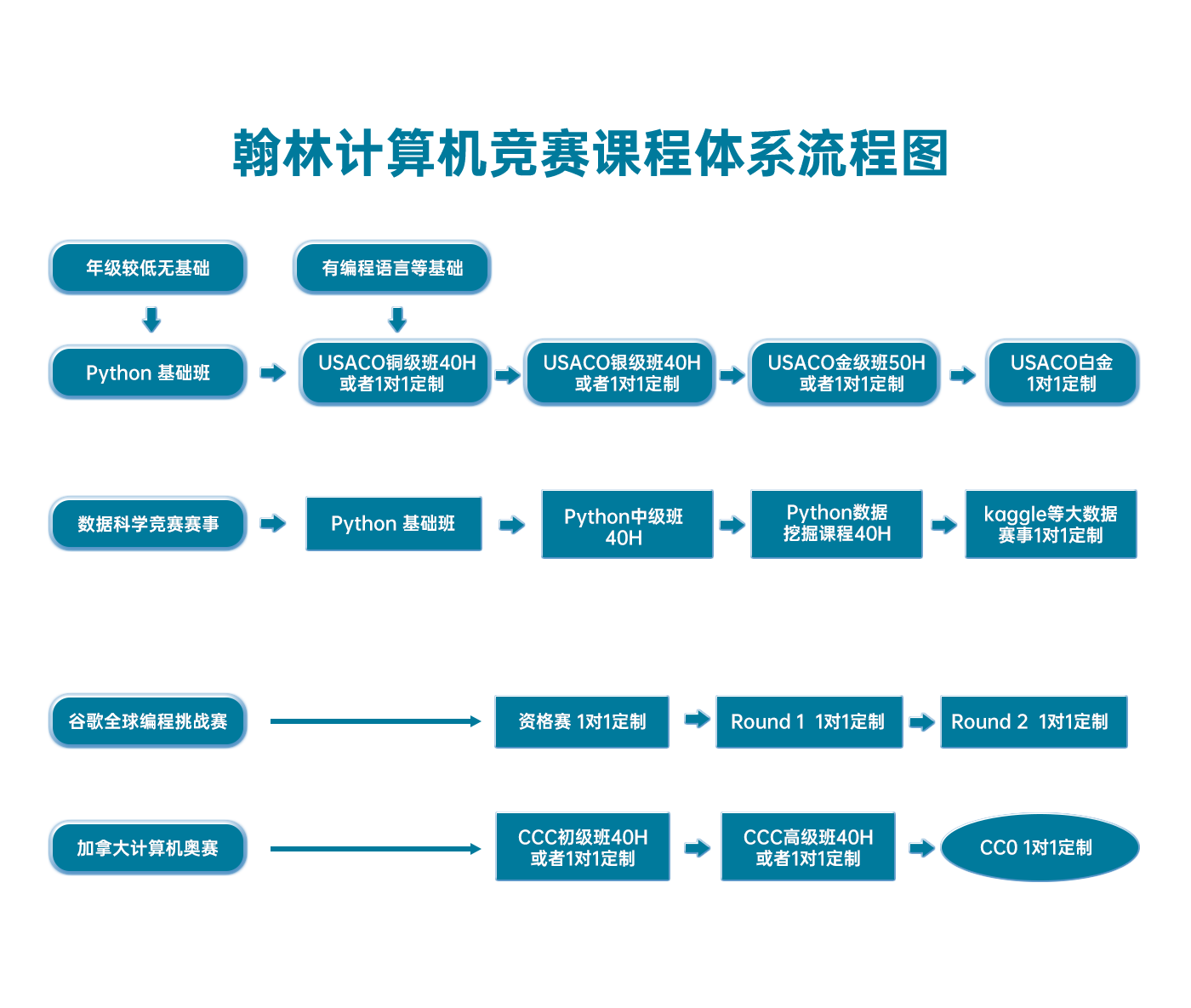- 翰林提供学术活动、国际课程、科研项目一站式留学背景提升服务!
- 400 888 0080
USACO 2017 US Open Contest, Gold Problem 1. Bovine Genomics
原题下载
答案:
#include <iostream>
#include <fstream>
#include <cmath>
#include <set>
#include <cstdlib>
using namespace std;
int N, M;
string spotty[500], plain[500];
unsigned long long hashes1[500], hashes2[500], R[500];
int main(void)
{
ifstream fin ("cownomics.in");
ofstream fout ("cownomics.out");
fin >> N >> M;
for (int i=0; i<N; i++) fin >> spotty[i];
for (int i=0; i<N; i++) fin >> plain[i];
for (int i=0; i<M; i++) R[i] = rand() % 1000000000;
int i=0, j=0;
int best = M, dups = N;
while (j < M) {
// There is (very small) but some false positive risk in
// using hashing here, so we could have explicitly verified
// matches if desired just to be 100% certain of correctness
if (dups == 0) best = min(best, j-i);
if (dups>0) {
set<int> H;
dups = 0;
for (int k=0; k<N; k++) H.insert(hashes1[k] += R[j] * spotty[k][j]);
for (int k=0; k<N; k++) if (H.count(hashes2[k] += R[j] * plain[k][j])>0) dups++;
j++;
} else {
dups = 0;
set<int> H;
for (int k=0; k<N; k++) H.insert(hashes1[k] -= R[i] * spotty[k][i]);
for (int k=0; k<N; k++) if (H.count(hashes2[k] -= R[i] * plain[k][i])>0) dups++;
i++;
}
}
fout << best << "\n";
}
翰林USACO课程体系流程图


最新发布
© 2025. All Rights Reserved. 沪ICP备2023009024号-1









